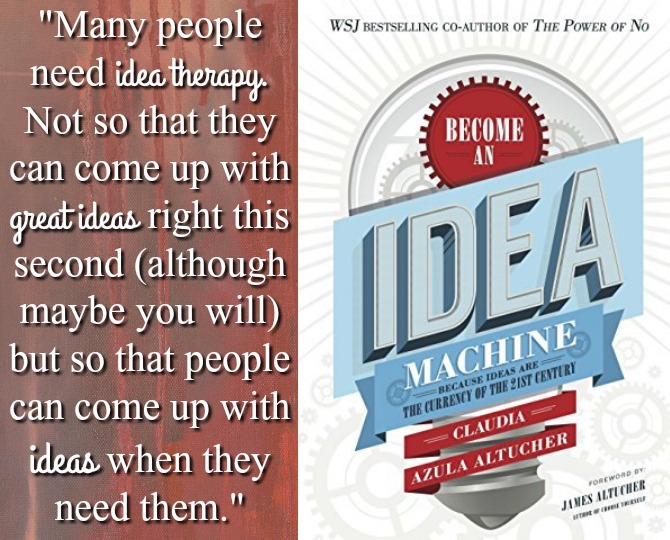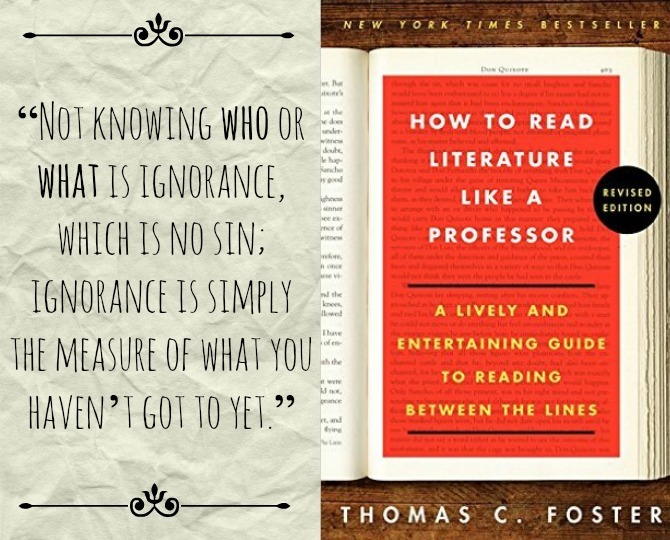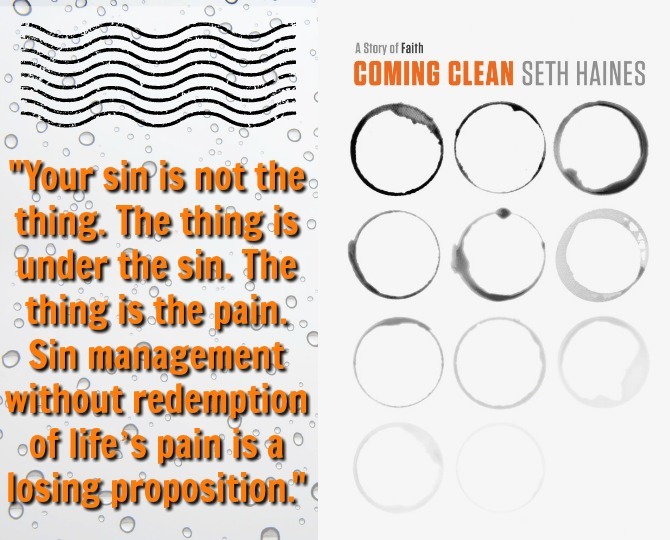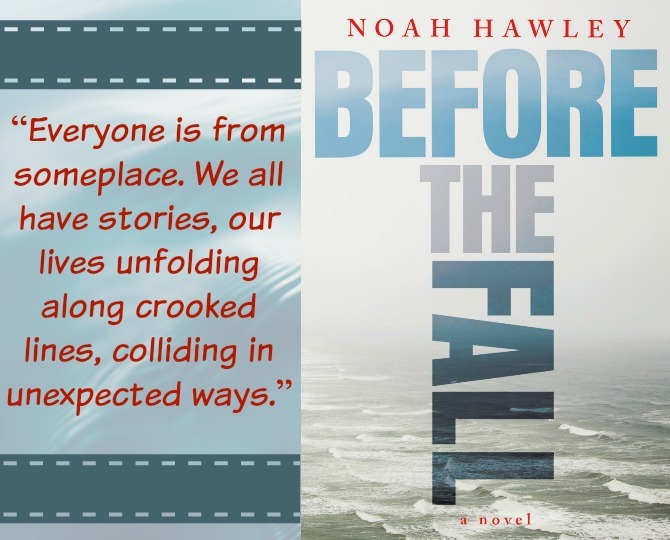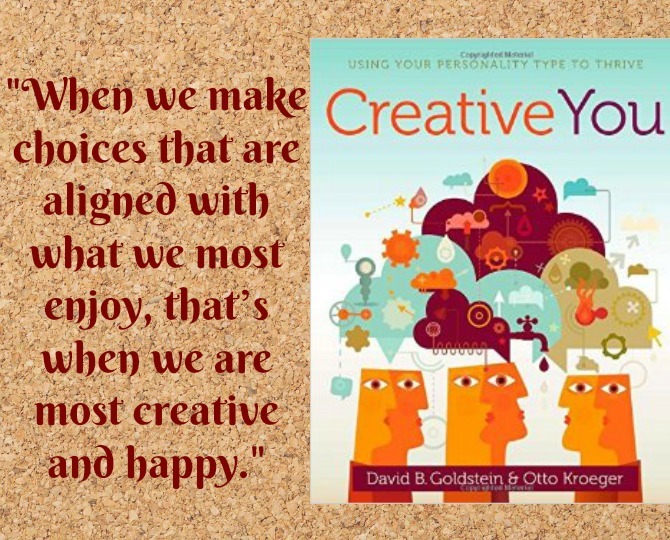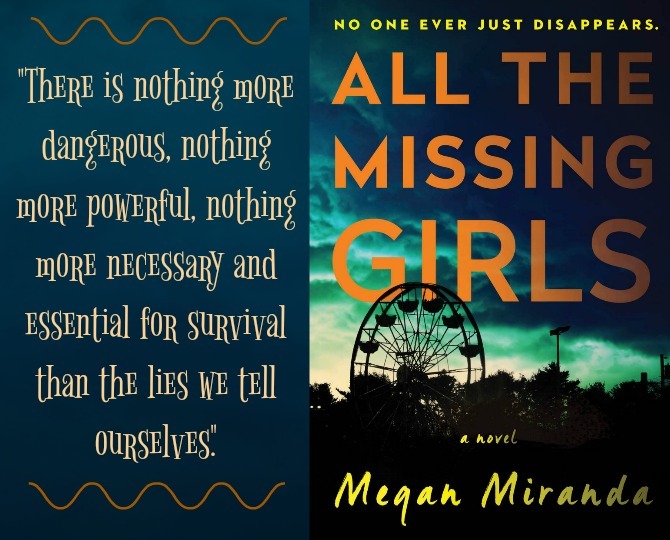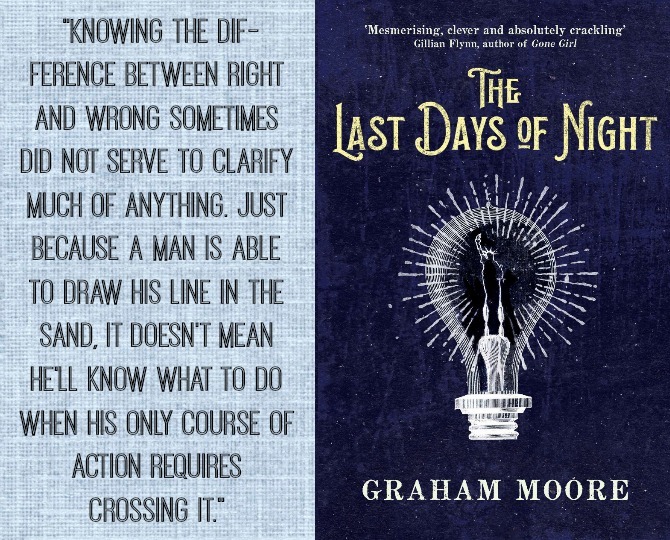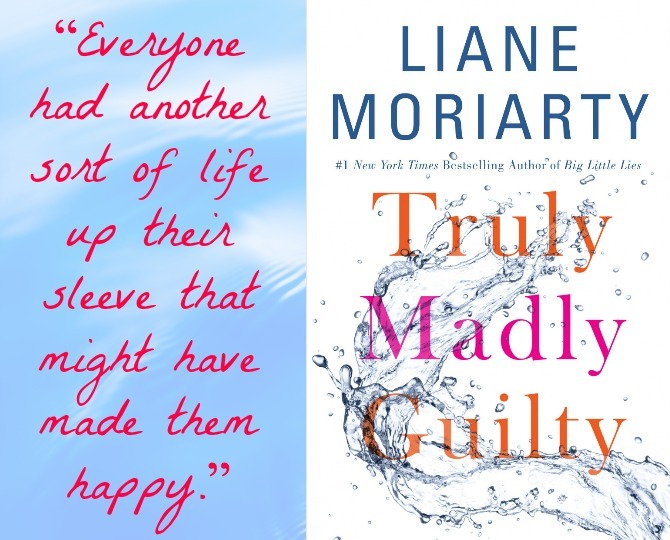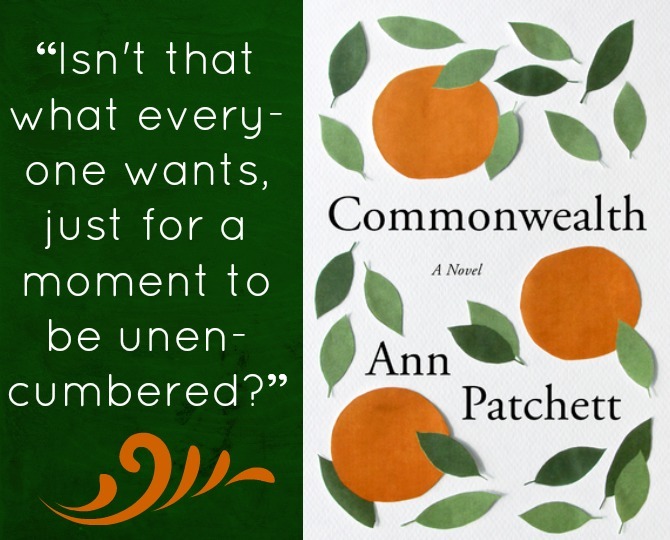Welcome to Quick Lit, my monthly wrap-up of the books I’ve read over the last several weeks. This month’s batch of books included a number of high-profile titles as well as a couple you might not have heard of, but are definitely worth checking out. I loved (or at least liked) all of what I read this month, and at least two of these books are strong contenders for my list of favorite reads in 2016! There are ten reviews here, which I realize is a lot to take in; feel free to read them all, or just those that jump out at you!
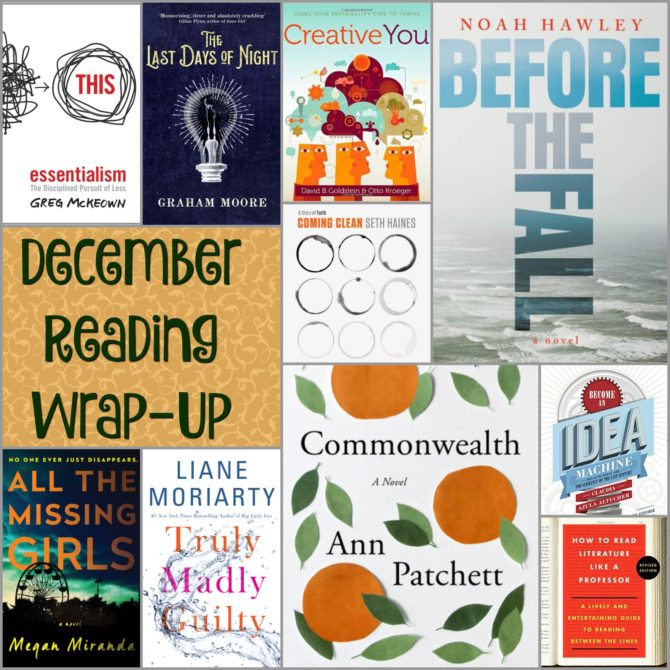
Become An Idea Machine: Because Ideas Are The Currency Of The 21st Century, by Claudia Altucher: It’s been nearly two years since I read the James Altucher article that introduced me to the concept of becoming an idea machine. The notion of writing down ten ideas every day appealed to me and I immediately began incorporating the practice into my daily routines. (I’ve written about this a number of times, most recently in this post.) For several months, I generated ideas based on my own themes. After a while I wanted some new inspiration, which led me to this book, written by James Altucher’s wife.
The book begins with an introduction to the practice and an explanation of its merits. The rest of the book consists of 180 prompts, which are intended to guide the reader through half a year of generating ten theme-based ideas each day. In addition to providing a theme, each day’s prompt contains a brief extrapolation, as well as a sample idea to get you started.
I obviously love the premise of this book (and did before I even began reading it). Altucher suggests some intriguing themes on a fairly broad range of topics, but some of the prompts are very similar, and the sample responses are incredibly repetitive (I grew tired of hearing about Altucher’s yoga practice). I was also disappointed with the quality of writing and lack of editing. Caveats aside, if you are looking to take up a practice of writing ten ideas every day (and you should!) this is a great place to start.
My Rating: 4 stars.
How to Read Literature Like a Professor: A Lively and Entertaining Guide to Reading Between the Lines, by Thomas C. Foster: Good literature can be read and understood on many levels, but the best novels are most fully appreciated when we have a grasp of the symbolism, context, and author’s intent. In this accessible guide to literature, college English professor Thomas C. Foster helps readers reap the greatest enjoyment and comprehension from the books we read by explaining common metaphors, devices, and themes. In chapters on everything from the symbolism of a hero’s quest to the significance of Christ figures, Foster explains important literary devices and offers examples from prominent pieces of literature.
The more seasoned reader will find this tutorial pretty basic and the examples fairly obvious. However, I enjoyed Foster’s coherent and humorous presentation and even learned a few new ways of looking at the books I read. I love any excuse to dive into subliminal meaning, and this book gave me plenty of opportunities. This would be a fantastic text for any high school lit class.
My Rating: 4 stars.
Coming Clean: A Story of Faith, by Seth Haines: Seth Haines was a God-fearing father of four, a successful attorney, and a respected leader within the Christian community. He was also addicted to alcohol. When Seth’s youngest son encountered life-threatening illness, Seth’s addiction grew unmanageable, and in praying for his son’s healing, Seth recognized the healing that needed to take place in his own life. Coming Clean is lifted directly from Seth’s journal through his first ninety days of sobriety, which coincide with ninety days of spiritual healing and a rediscovery of faith.
Coming Clean is not a self-help book or a feel-good spiritual memoir. It is raw and painful, oozing with alcohol and overflowing with poignant theological truths. With breathtaking vividness and courageous candor, Seth offers windows into his broken past, his tumultuous faith, and a heart that is wounded but hopeful. Though Seth’s struggle is with alcohol, his story will resonate with anyone who has sought solace apart from God and come up empty.
My Rating: 4.5 stars.
Before the Fall, by Noah Hawley: When down-on-his-luck painter Scott Burroughs steps foot on a private jet departing from Martha’s Vineyard, he has no idea that in sixteen minutes, the plane will go down. The other nine passengers parish, but Scott swims to safety, carrying with him the only other survivor, the 4-year-old son of a wealthy media mogul.
In the aftermath of the crash, it becomes apparent that the disaster was not an accident. In alternating chapters we follow the investigation, which is heavily influenced by a narcissistic news commentator whose network was founded by one of the victims. The present-day investigation is interspersed with chapters examining the lives of the victims (think Lost without the island). Among those lost in the crash are a wall street power player under federal investigation for money laundering; a bodyguard hired to protect a family following the high-profile kidnapping of their young daughter; and three seasoned crew members with some heavy personal baggage. With so many potential explanations for what could have happened, the truth just might be the most surprising explanation of all.
Before The Fall is being touted as a thriller, and though it is indeed suspenseful, it isn’t a page-turner. What it lacks in nail-biting action, it more than makes up for in depth. The character-driven novel is layered with philosophical examination of some intriguing themes. Hawley’s writing is both vivid and introspective, seamlessly blending story with big-picture ideas. I wasn’t thrilled with the crass language, and found the conclusion abrupt and somewhat anticlimactic, but as a whole this is a brilliant novel that has me eager read more from this author.
My Rating: 4.5 stars.
Creative You: Using Your Personality Type to Thrive, by Otto Kroeger and David B. Goldstein: My love of Myers-Briggs is no secret, but this is the first full book I’ve read dedicated to the subject. The book begins with the premise that we are all creative individuals and that a deeper understanding of our unique personalities and strengths will help us access our creative potential. The book begins with detailed descriptions of the sixteen personality types, followed by tools and techniques that each type can use for cultivating and applying our creativity.
I wholeheartedly agree with the authors’ belief that creativity is part of all of our genetic makeup and is crucial to our success and even our survival. The authors do an excellent job of supporting this premise with research and examples, and I appreciated the attention they give to each individual type, acknowledging the value of all creative styles. They also offer some very useful strategies and, perhaps more importantly, grant permission to exercise creativity in our own ways instead of resorting to culturally-sanctioned means of creating or even abstaining from creativity.
As an INFJ, I found that much of the book’s descriptions of my type didn’t fully resonate with me. I recognize that personality type manifests itself differently in each person and no model could fully account for individual nuance, but other INFJ explanations I’ve read have been a much better fit for me, which has me questioning the validity of this book’s explanations of the other fifteen types.
The book’s other drawback is that it is entirely too long. I understand the authors’ desire to address every personality type and every facet of creativity, but the result is an extremely repetitive book that seems to be trying too hard to make its point.
My Rating: 3.5 stars.
Essentialism, by Greg McKeown: Living in a culture that glorifies busyness and encourages us to act upon every opportunity, it’s challenging to determine WHAT is most important; committing to pursue only that which matters most can seem next to impossible. In Essentialism, Greg McKeown demonstrates the value of doing fewer things, but doing them well. McKeown describes a system for identifying the essential and then eliminating everything else. Though not easy, the principle is simple and—according to McKeown—the rewards are great.
Though the book is geared towards people in business, these principles are useful for anyone seeking clarity with their priorities and in need of motivation to relinquish overcommitment in favor of a more intentional, purpose-filled life. McKeown makes a very strong case for becoming an Essentialist, and after reading the book, I recognize the importance of minimizing, simplifying, and simply saying no. Some of McKeown’s admonishments are somewhat harsh (he is definitely a Thinker on the Myers-Briggs scale, and his ideas made my inner Feeler a little squeamish), but his premise is enticing, his strategies are useful, and his advice is sound.
My Rating: 4 stars.
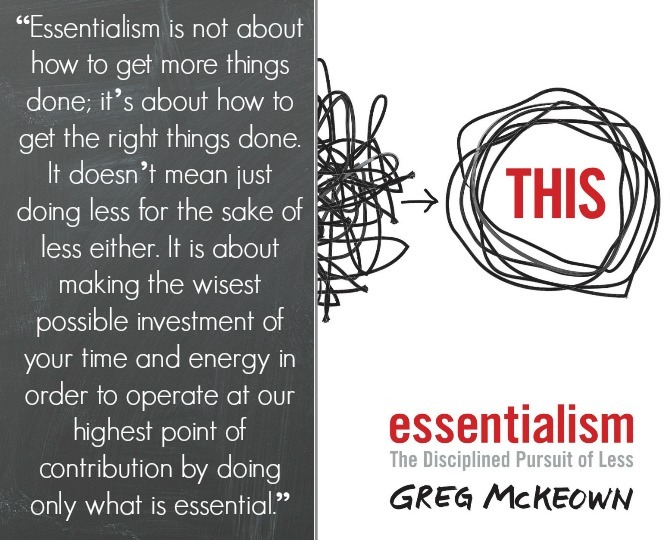
All the Missing Girls, by Megan Miranda: Ten years ago, Nicolette Farrel moved away from her home town after the mysterious disappearance of her best friend. Now, a decade later, Nic has returned home to care for her sick father and help sell the family home. But within days of Nic’s return, history repeats itself when another girl goes missing. Told in reverse chronological order—beginning fifteen days after the second disappearance and working backwards to Day One—Nic slowly unravels the details of both mysteries, connecting the dots between the disappearances and uncovering horrifying truths about her past and her present.
This is an edge-of-your seat thriller rippling with Hitchcock-style suspense and twists galore. The backwards story structure was confusing at times (especially in audiobook; I would recommend reading this one the old-fashioned way), but by the end, I was hooked and had completely bought into the use of this structure as a storytelling device rather than just a gimmick. Having listened through to the end, I’d like to go back and reread this one!
My Rating: 4.5 stars.
The Last Days of Night, by Graham Moore: Thomas Edison. George Westinghouse. Nikola Tesla. These innovative geniuses are all household names, but few of us are intimate with the details of their stories. Set in New York during the late 19th century, The Last Days of Night is a fictionalized account of the feud between these players during the early days of electricity.
The novel is told from the perspective of Paul Cravath, a young lawyer hired to represent Westinghouse in a lawsuit with Edison regarding the question of who invented the light bulb, and who holds the right to power the country. Paul’s obsessive quest for victory leads him down a harrowing journey through the vicious worlds of high society, creativity wars, and tainted media. Along the way he crosses paths with Nickola Tessla, Alexander Graham Bell, J.P. Morgan, and a beautiful opera singer (turned love interest) named Agnes Huntington. As the battle wages, it becomes clear that more than just creative licensing is at stake. Who knew that a book about patent litigation and electrical currents could be so riveting?
The subjects in this book were completely new to me. I had not realized that these behemoths of American history were contemporaries, let alone sworn enemies. Moore brings these individuals to life, with some surprising results. (For example, I had no idea of Edison’s ruthlessness or Tesla’s eccentricities!) The novel also sheds light (teehee!) on the topics of patents and innovation and provided me with a new framework for understanding the fraught interweaving of creativity and business.
My Rating: 4 stars.
Truly Madly Guilty, by Liane Moriarty: Three families—some neighbors, others friends—gather for a backyard barbecue. Though the event is being held under strained circumstances, it’s proving to be a delightful afternoon, until a disastrous occurrence that leaves all in attendance reeling in the aftermath. Weeks later, each member of the party is still dealing with the rippling affects of the incident and sorting through the underlying issues and personal baggage it has unearthed.
Once again, Liane Moriarty has managed to transform a simple story into a brilliant psychological drama, complete with memorable characters, complex relationships, and poignant yet relatable themes. Moriarty has a talent for articulating the thoughts and feelings many of us experience but would never have the courage to admit, and she excels at sharing the perspectives of various characters without losing momentum with her story. Truly Madly Guilty reads like chick-lit, but delves deep into territory usually reserved for serious literature. Infertility, mental illness, feminism, and marital trials all make appearances, yet the novel is quite funny and relatively believable.
Many fellow Moriarty fans were disappointed with this book, but I heartily disagree. What Alice Forgot remains my favorite of hers, but Truly Madly Guilty comes in at a strong second. I listened to the audiobook and the narration was fantastic; with its fast-moving (but not too complicated) plot, this book works perfectly in the audio format. And I always love hearing an Australian narrator!
My Rating: 4.5 stars.
Commonwealth, by Ann Patchett: When Bert Cousins crashes Franny Keating’s christening party one Sunday afternoon in Southern California, the intrusion seems innocent enough; but then Bert kisses Franny’s mother, Beverly, an act that leads to the dissolution of two marriages and forever intertwines the Cousins and Keatings families in some unexpected ways. Spanning more than five decades, Commonwealth follows the trajectory of the two families, stepping into the lives of the four parents and six children and exploring the long-term ramifications of one seemingly innocuous event.
This was my first Ann Patchett novel, and I was not as impressed as I had hoped I would be. I loved the concept and themes, as well as the back-and-forth format (which shifts among character perspectives and points in time). With so many characters, the book reads like a collection of short stories, and I was impressed with Patchett’s ability to seamlessly piece together the various snippets of story to form a coherent picture. However, I had difficulty connecting with any of the characters, and none of the composite plot threads was enticing enough to fully pull me in.
My Rating: 3 stars.
And that’s a wrap! Thanks for reading, and be sure to check out Modern Mrs. Darcy’s site where I’m linking up to share all our latest literary endeavors!
